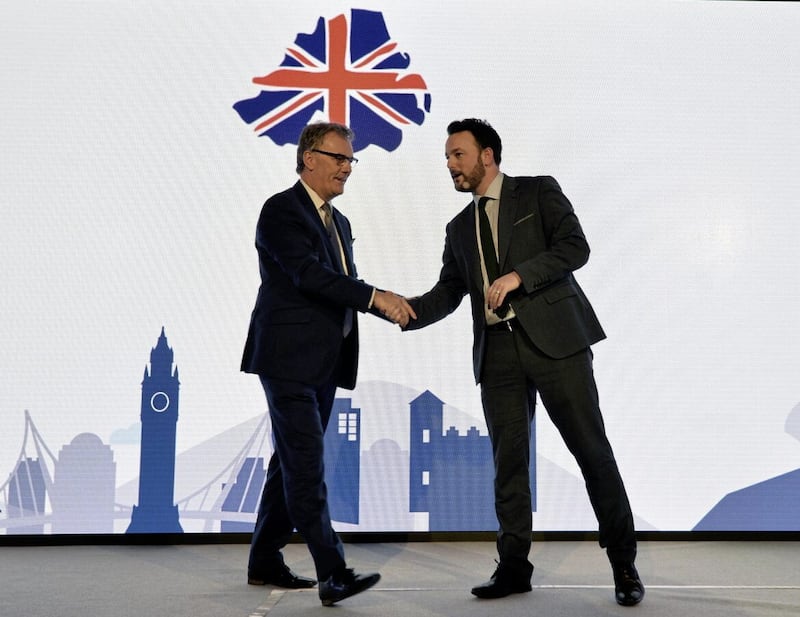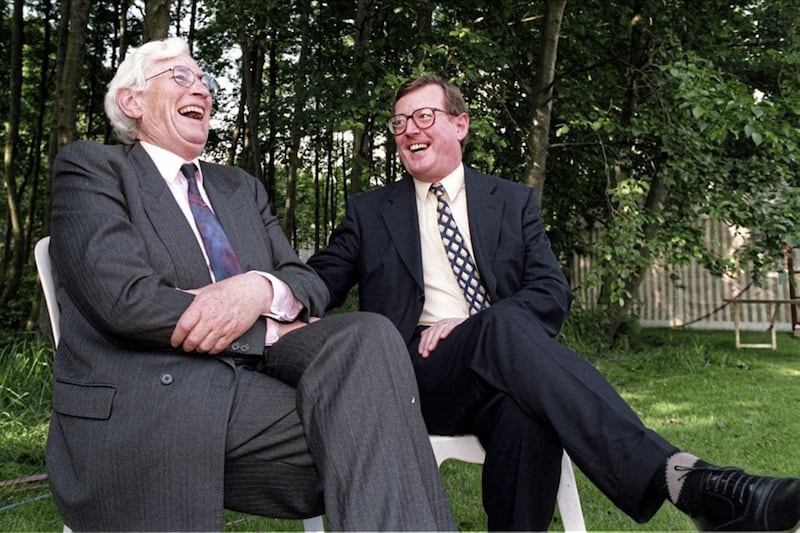There they go again: the Ulster Unionists are seeking another new leader, following the resignation of Doug Beattie.
This will be their sixth since 2010, and the party is still wrestling with an identity crisis that has paralysed them as an effective political force for more than two decades.
Leaders from the more traditional wing, such as Tom Elliott and Robin Swann, have attempted to steer the party with little success. Doug Beattie and Mike Nesbitt also tried from the more liberal wing, which in the long term went nowhere.

The UUP seems to be stuck in a cycle, expecting a new leader to bring about a different outcome. The real issue at hand is not the leader, but the party’s entire structure and its position within the Northern Ireland political spectrum.
Since the departure of David Trimble, no-one has been able to reverse the UUP’s declining fortunes. It’s time for a new approach.
The departure of Doug Beattie provides the UUP with an opportunity to properly look inwards and think about who they want to be as a political force.
Until now, they have been the umbrella group for unionists who do not want to be part of the DUP. They need something more if they wish to occupy a viable political space.
Having one part of the party pulling in a more conservative direction and another towards a more liberal position is incoherent and confusing for voters. This is why the DUP and Alliance, which have more coherence, have been able to wedge the UUP since 2007.
The Grand Old Party of Northern Ireland politics has a window to get this right. There are no elections scheduled until May 2027. Now is the time to have a proper internal debate about just what the UUP will be in 2024 and what space it should occupy in the future.
Beattie had real weaknesses as a leader; he did his thinking out loud and did not always show a great strategic approach. However, he was the first UUP leader in over a decade to fight three successive elections with the same message. He did not move or significantly amend his rhetoric, which is new for a party that has veered from a partnership with the Conservatives to ‘Vote Colum, Get Mike’ in less than 10 years.

A new leader will not fix these problems. The 2010 and 2012 leadership contests were portrayed as great internal debates, but in reality, they solved nothing. Why? Each time, the party has wanted a messiah to come from on high to lead them back to past glories. The UUP needs to understand that for all the DUP’s faults, they still take a majority of the unionist vote.
The tragedy facing the UUP is that since 2021, the DUP have not had a winning year politically, and still, their main rivals could not seriously dent their position as the leaders of unionism. What they have done until now is not working and they need to have a proper internal debate about who they are.
Over the past three elections, the UUP have averaged just over 11% of the vote. In most elections, their vote share has fallen instead of increased. The party appeals to some parts of the electorate, but the coherence factor needs to be revised. That requires something more than a new leader.
The UUP does have some talented and thoughtful figures in its ranks. It is not without the people who can take it forward. What needs to be recognised is that for the party to have any future, the next few years will be a hard slog, and any meaningful recovery will take some time to achieve.
A new leader will have to be able to lead this debate and put some searching questions to the membership. If they fluff this opportunity to rebuild, I am not sure there will be another.









